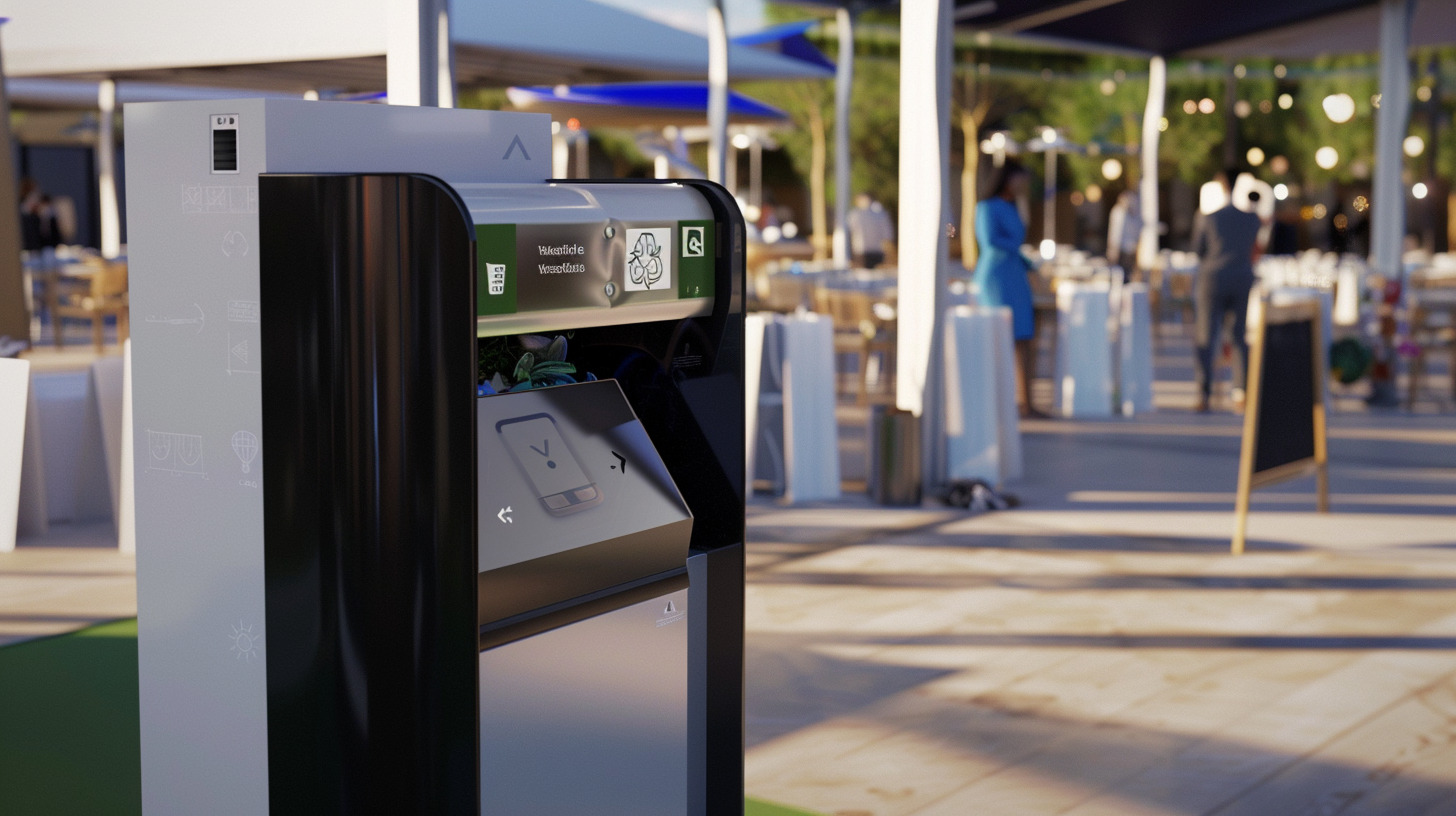Sustainability has become a cornerstone rather than an afterthought in the rapidly evolving event planning landscape. Transform your next event into a model of environmental responsibility with cutting-edge recycling and waste management strategies. This guide delves into innovative practices that promise to reduce your event’s ecological footprint and ensure it contributes positively to the planet’s health.
The Importance of Waste Management in Events
Effective waste management is critical in the events industry for environmental sustainability and enhancing the event’s reputation among increasingly eco-conscious attendees. Events, from conferences to concerts, generate substantial waste, and how this waste is handled can significantly impact the local environment. Implementing robust waste management practices minimizes landfill use, reduces pollution, and conserves natural resources, aligning the event with global sustainability goals.
Innovative Recycling Solutions
Recycling is a critical component of waste management at events. Innovative recycling solutions involve more than just placing a few bins around the venue. Today, technology plays a pivotal role. Smart bins equipped with sensors can maximize recycling rates by automatically sorting waste and eliminating contamination. These bins can also provide real-time data to manage waste streams more efficiently. Additionally, AI-driven waste sorting systems can further enhance recycling, ensuring materials are correctly identified and processed. By adopting these advanced technologies, events can dramatically reduce waste and improve recycling efficacy.
Embracing Composting at Large Events
Composting organic waste at significant events can significantly reduce the amount of waste sent to landfills and support a circular economy. By converting food scraps and other organic materials into compost, events can not only dispose of waste responsibly but also produce a valuable resource that can be used to enrich soil in local community gardens or green spaces. Implementing composting requires careful planning and participant education to ensure proper disposal methods are followed, but the environmental benefits are immense. Composting contributes to reduced methane emissions and provides a sustainable alternative to chemical fertilizers.
Utilizing Reusable Products
One of the most effective ways to minimize event waste is to use reusable products. Transitioning from single-use items like plastic cups, plates, and cutlery to reusable alternatives can significantly reduce waste. Event organizers can partner with suppliers who offer reusable event materials, which attendees can rent and return. This reduces waste and often proves more cost-effective in the long run. For events where reusable items are not feasible, biodegradable or compostable disposables offer a sustainable alternative, ensuring that even single-use items have minimal environmental impact.
Implementing Waste Diversion Tactics
Waste diversion involves more than just recycling and composting—it involves a comprehensive approach to managing all types of event waste. This can include donating leftover food to local charities, repurposing event banners and signage, and recycling floral arrangements by giving them to hospitals or care homes. Additionally, water refill stations can reduce the need for bottled water, and providing clear signage and information can ensure attendees participate effectively in the event’s sustainability efforts. By implementing these tactics, event planners can reduce the environmental impact of their events and foster a culture of sustainability among participants.
Measuring and Reporting on Sustainability Efforts
Measurement and reporting on recycling and waste management strategies are crucial to truly understanding the impact of these strategies. This involves tracking the volume of waste diverted from landfills, the reduction in carbon footprint, and the overall sustainability improvements. Sharing these results with stakeholders and the public bolsters an event’s reputation and encourages other organizations to adopt similar practices. Transparent reporting also helps identify areas for improvement, ensuring that each event becomes more sustainable than the last.
Conclusion
Adopting innovative recycling and waste management practices at your event is an excellent way to demonstrate leadership in sustainability. As the events industry continues to evolve, integrating these practices will become a norm and a necessity, driven by both environmental responsibility and attendee expectations.
Ready to revolutionize your event with sustainable practices that make a difference? Partner with Traveler’s Q to integrate advanced recycling and waste management strategies into your event planning. Contact us today to submit your proposal; together, we can set new standards in eco-friendly event management. Let’s plan an event memorable for its achievements in execution and environmental stewardship.


